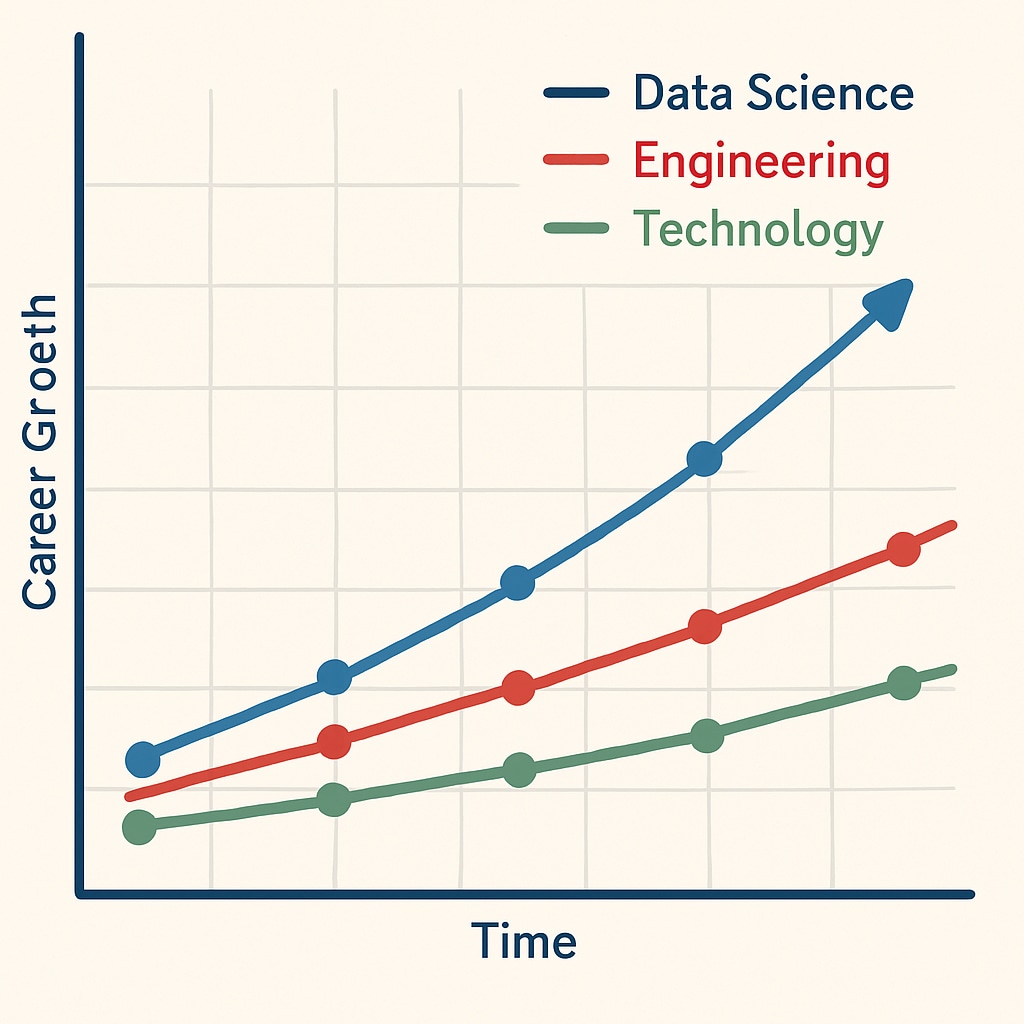Choosing the right college major is a critical decision for high school students, especially those with a strong interest in mathematics and science. The process can be daunting, as students must weigh their personal passions against potential career opportunities. This article provides clear guidance on how to achieve this balance, focusing on conducting interest assessments, exploring career options, and engaging in practical experiences to make informed decisions.
Assessing Your Interests and Strengths
The first step in deciding on a college major involves understanding your interests and strengths. Mathematics enthusiasts often enjoy problem-solving, logical reasoning, and analytical thinking, which can open doors to various fields such as engineering, computer science, data analytics, and even finance.
To begin, try taking an interest assessment or aptitude test, which can help identify areas where your skills and passions overlap. Tools like aptitude tests are widely available online and provide insights into fields aligned with your abilities.

Exploring Career Opportunities in Math and Science
Once you understand your interests, the next step is to explore career opportunities that align with your passion for math and science. Many math-focused careers fall under the STEM (Science, Technology, Engineering, Mathematics) umbrella, which offers high demand and lucrative prospects. For example:
- Data Science: Utilize mathematical models to analyze large datasets and solve real-world problems.
- Engineering: Design innovative solutions using physics and advanced mathematics.
- Financial Analysis: Apply statistical methods to evaluate market trends and guide business decisions.
Researching these fields on platforms like Wikipedia’s STEM fields overview can help you understand job roles, required qualifications, and industry growth trends.

Gaining Real-World Experiences
While research is invaluable, real-world exposure is equally important. High school students can seek internships, shadow professionals, or participate in extracurricular programs to gain firsthand experience in potential career paths. For example:
- Join a math club or participate in competitions to deepen your problem-solving skills.
- Look for summer programs or camps focused on STEM fields to explore career options.
- Seek internships in industries such as finance or technology to apply mathematical skills in a professional setting.
These opportunities not only enhance your college application but also provide clarity on whether a particular field aligns with your interests and strengths.
As a result, students who blend interest assessments, career exploration, and practical experiences can confidently choose a college major that aligns their passion for math and science with future career opportunities.
Readability guidance: Use concise paragraphs and lists to break down complex concepts. Incorporate transition words like “however,” “therefore,” and “for example” to improve flow and clarity.


